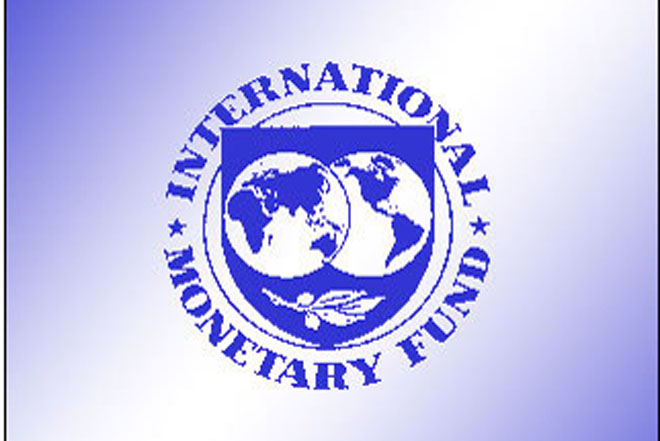The International Monetary Fund on Friday agreed to disburse a $75.3 million loan tranche to Georgia after a review of the country's $1.2 billion IMF financing program, Reuters reported.
The IMF said it had introduced two new benchmarks to the program in which the government would approve a medium-term expenditure framework by July 31, 2010 and change methodology involving the budget by Sept. 30, 2010.
It said the benchmarks would improve "linkages between the medium-term expenditure framework and annual budgets".
IMF Deputy Managing Director Takatoshi Kato said Georgia's economy showed tentative signs of recovery in the face of a still weak export market and uncertainty over when private capital flows would recover.
Domestic credit conditions were still tight although interest rates have begun to decline, Kato added.
"The authorities' economic strategy has succeeded in stabilizing financial conditions and market confidence," he said, pointing at more stability in the foreign exchange market and narrowing of Eurobond spreads.
Georgia's economy has not only been hit by the global financial crisis but was also by a brief war with Russia in August 2008 over the breakaway region of South Ossetia.
Kato said the government's large fiscal stimulus, which has led to a wider fiscal deficit, was key to averting a deeper economic contraction.
Now, a fiscal adjustment envisaged by the authorities for 2010 will try to put public finances on sounder footing over the medium term, he added.
The strategy includes reforms to improve efficiency of government spending and to improve the business environment.
"These policies will place Georgia in a good position to take advantage of a global recovery and to restore its access to capital markets ahead of the large external debt repayment obligations coming due in 2013," Kato said.
He said foreign exchange market pressures have eased and intervention by the government to support the lari currency has been limited, reflecting improved confidence.






